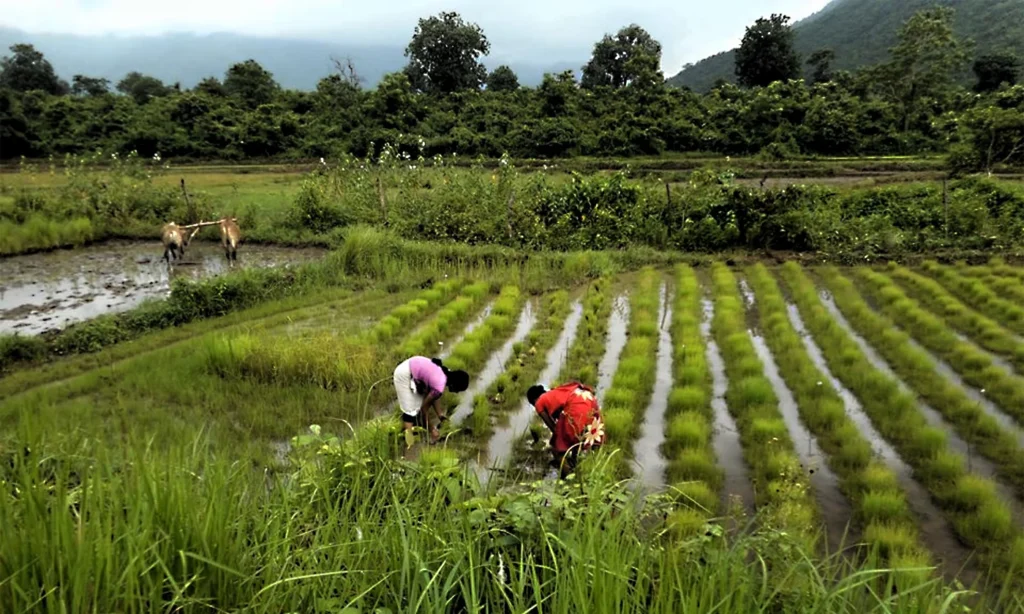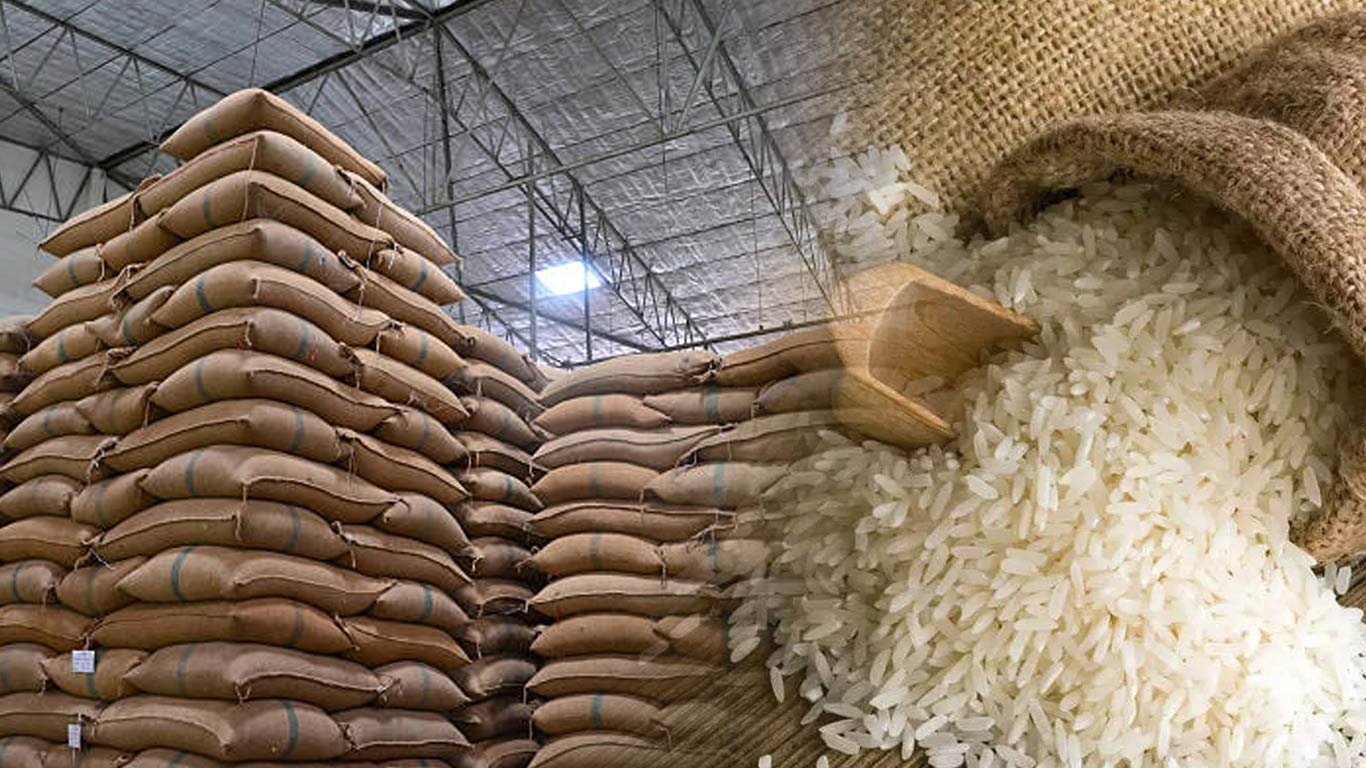Food & Climate
India’s new BioE3 policy puts climate-resilient agriculture as one of six pillars of the strategy.
On Saturday, India announced a biotechnology policy focused on the economy and climate, according to a report seen by “Food & Climate” platform.
With BioE3 (which stands for Biotechnology for Economy, Employment, and Environment) being approved by the Union Cabinet, India is aiming to foster “high-performance biomanufacturing”, with a focus on accelerating tech development and commercialisation by getting up biomanufacturing hubs and biofoundries.
The policy is designed to strengthen the country’s net-zero goal of 2070 and its Lifestyle for Environment strategy (which encourages green behaviours), and speed up ‘green growth’ by promoting a circular bioeconomy. The government aims to position India as “a potential leader in the fourth industrial revolution”, science and tech minister Dr Jitendra Singh said in a press conference yesterday.
The administration defined “high-performance biomanufacturing” as the ability to produce products from medicine to materials, promote advanced biotech processes for the manufacturing sector, as well as address farming and food challenges, according to “Manufacturing today”.
The six focus areas
The six focus areas are high-value bio-based chemicals, biopolymers and enzymes; smart proteins and functional foods; precision biotherapeutics; climate-resilient agriculture; carbon capture; and marine and space research.
The Union government is planning to unveil a framework to promote climate-resilient agriculture in 50,000 villages located in climatically-vulnerable districts, according to “drishtiias”.
According to the Food and Agriculture Organization (FAO), climate resilient agriculture is defined as “the ability of an agricultural system to anticipate and prepare for, as well as adapt to, absorb and recover from the impacts of changes in climate and extreme weather”.
National Innovations on Climate Resilient Agriculture (NICRA), a network project of the Indian Council of Agricultural Research (ICAR) studied the impact of climate change on agriculture and farmers.
Studies indicate that in the absence of adaptation measures, climate change projections are likely to reduce irrigated rice yields by 3%, rainfed rice yields by 7 to 28%, wheat yield by 3.2-5.3%, maize yield by 9-10% and increased the soybean yield by 2.5-5.5% for the period 2020-2039.
Extreme events like drought affect food and nutrient consumption, increase incidence of poverty, encourage outmigration, increase indebtedness and reduce farmers’ capacity to adapt to climate change.
Some climate resilient agriculture ways
Agroforestry: Agroforestry involves the cultivation of trees along with crops, which can help to improve soil health, reduce soil erosion, and enhance biodiversity.
This practice helps to increase soil moisture retention, and provide multiple benefits to farmers.
Soil and Water Conservation: Techniques such as contour bunding, farm ponds, and check dams can help to improve soil moisture retention, reduce soil erosion, and increase groundwater recharge.
These practices can also help farmers to cope with droughts and water scarcity, which are becoming more frequent due to climate change.
Sustainable Agriculture: Practices such as crop diversification, organic farming, and integrated pest management help to reduce the use of chemical inputs and improve soil health.
These practices also reduce greenhouse gas emissions and improve farmers’ income and food security.
Livestock Management: Livestock management practices such as stall-feeding and mixed cropping can improve the productivity and resilience of livestock systems.
These practices also reduce the pressure on natural resources such as grazing lands, which are becoming scarce due to climate change.

Steps Taken for Climate Resilient Agriculture
The Government is implementing the National Action Plan on Climate Change (NAPCC) which provides a policy framework for climate action in the country.
National Mission for Sustainable Agriculture (NMSA) is one of the Missions within the NAPCC to make Indian agriculture more resilient.
NMSA was approved for three major components i.e. Rainfed Area Development (RAD), On Farm Water Management (OFWM) and Soil Health Management (SHM).
Subsequently, four new programmes were introduced namely Soil Health Card (SHC), Paramparagat Krishi Vikas Yojana (PKVY), Mission Organic Value Chain Development in North Eastern Region (MOVCDNER) and Per Drop More Crop.
In addition, the restructured National Bamboo Mission (NBM) was launched in April 2018.
Indian Council of Agricultural Research (ICAR) has launched a flagship network project namely National Innovations in Climate Resilient Agriculture (NICRA) in 2011 to promote climate resilient agricultural practices.
It is a multi-sectoral, multi-location program carrying the major mandate of addressing climate change and variability, and addressing a range of stakeholders needs across the country.
Research, demonstration and capacity building are the three major components, besides providing policy briefs on several aspects related to agriculture and climate change.
The salient achievements of ICAR on climate resilient agriculture includes development of 1888 climate resilient crop varieties, development of District Agriculture Contingency Plans (DACPs) for 650 Districts etc.

